Related Research Articles
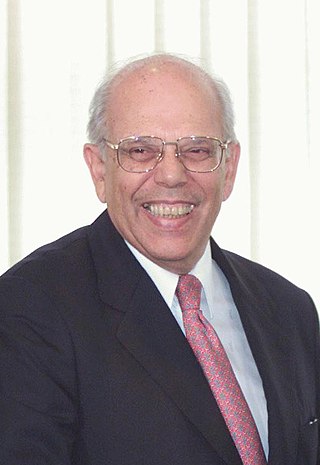
Jorge Luis Batlle Ibáñez was a Uruguayan politician and lawyer, and a member of the Colorado Party. He served as the President of Uruguay from 2000 to 2005.
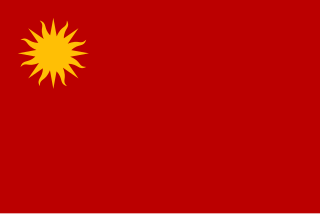
The Colorado Party is a liberal political party in Uruguay.

Julio María Sanguinetti Coirolo is a Uruguayan politician, lawyer and journalist, who twice served as President of Uruguay for the Partido Colorado.

Luis Alberto Lacalle de Herrera, GCMG is a Uruguayan politician and lawyer who served as President of Uruguay from 1990 to 1995.

Juan María Bordaberry Arocena was a Uruguayan politician and cattle rancher, who served as constitutional President from 1972 until 1973, and then ruled as the head of a civilian-military dictatorship up to 1976.
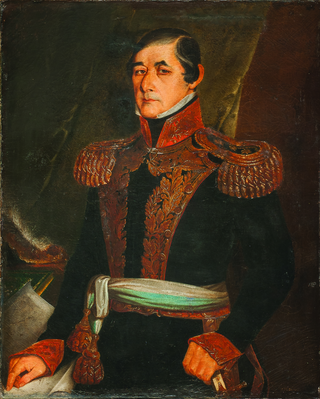
José Fructuoso Rivera y Toscana was a Uruguayan general and patriot who fought for the liberation of Banda Oriental from Brazilian rule, thrice served as President of Uruguay and was one of the instigators of the long Uruguayan Civil War. He is also considered to be the founder of the Colorado Party, which ruled Uruguay without interruption from 1865 until 1958. He made a controversial decision to almost completely eliminate the native Charrúa during the 1831 Massacre of Salsipuedes.

Jorge Pacheco Areco was a Uruguayan politician and member of the Colorado Party. He served as President of Uruguay from December 6, 1967 to March 1, 1972.

Emilio Frugoni Queirolo was a Uruguayan socialist politician, lawyer, poet, essayist, and journalist. He founded the Socialist Party of Uruguay (PS) in 1910 and was its first general secretary, as well as its first representative in the Chamber of Deputies.

Óscar Diego Gestido Pose was president of Uruguay in 1967.
Raúl Sendic Antonaccio was a Uruguayan Marxist lawyer, trade unionist and founder of the Tupamaros National Liberation Movement (MLN-T).
César Charlone Rodríguez was a Uruguayan political figure.
Juan Carlos Blanco Estradé was a Uruguayan lawyer and political figure.

Manuel Flores Mora was a Uruguayan journalist and politician representing the Colorado Party.
Diana Saravia Olmos is a Uruguayan notary and political figure.
Ariel Riani was a Uruguayan politician and business figure.
Jorge Pacheco may refer to:

A double referendum was held in Uruguay on 28 November 1971 alongside general elections. Voters were asked whether they approved of two proposals; one to allow presidents to seek immediate re-election for a second term, and one that would force the President to resign if any government ministers were found guilty of violating the law. Both were rejected by voters.

José Gerardo Amorín Batlle is an Uruguayan lawyer and politician who has served as the Minister of Education and Culture (2004–2005), a representative (2005–2010) and a senator.
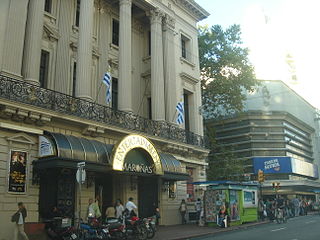
El Día is an influential Uruguayan daily newspaper.
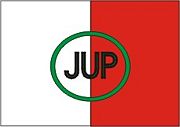
The Uruguayan Youth Standing or Uruguayan Youth at Attention was a right to far-right student organization in Uruguay during the 1970s.
References
- ↑ 'Jorge Pacheco Klein' Wikipedia (in Spanish), es:Jorge Pacheco Klein,